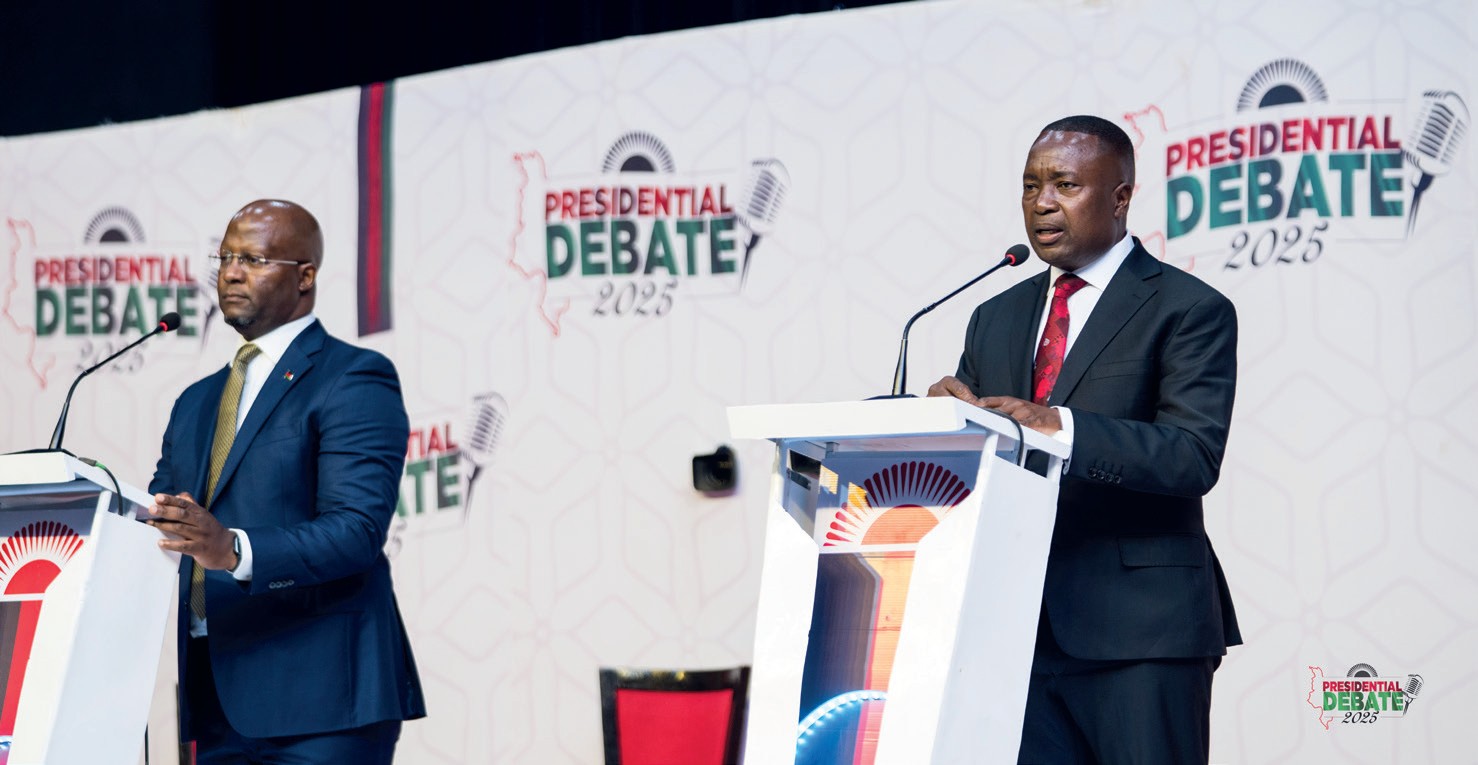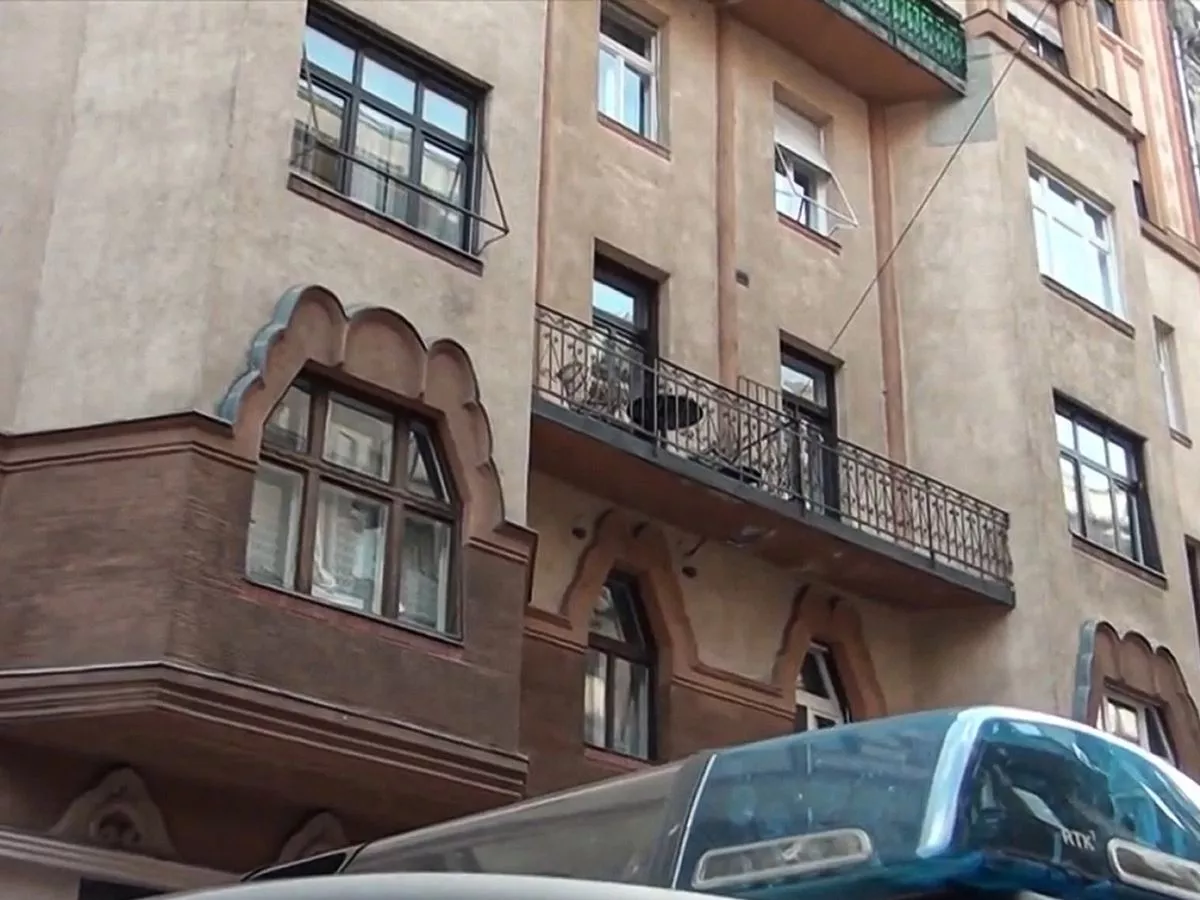By Wycliffe Njiragoma
Copyright mwnation

UTM Party president Dalitso Kabambe and his United Democratic Front (UDF) counterpart Atupele Muluzi ended last night’s presidential debate in Lilongwe with mutual admiration for each other’s credentials.
In his parting shot at the end of the second round of the presidential debate at Bingu International Convention Centre ahead of the September 16 General Election, Kabambe described his rival as “a man of integrity worthy of being president” while Atupele said the former Reserve Bank of Malawi governor was “a man of excellence and experience”.
The duo stressed that despite their divergent policy prescriptions, they share the same goal of transforming Malawi.
The unusual display of civility came after nearly three hours of pointed clashes over agriculture, energy, gender equality and social inclusion, disasters and foreign policy.
Unlike in the first debate on August 21 which was also attended by former president Joyce Banda representing People’s Party, last night’s session featured sharp interjections as the two candidates openly contradicted each other’s assertions, offering voters a rare comparative insight into competing visions for the country’s future.
Conspicuously absent were Banda, President Lazarus Chakwera of the Malawi Congress Party (MCP) and his predecessor Peter Mutharika of the Democratic Progressive Party (DPP).
Their absence left Kabambe and Muluzi with an uncontested platform to frame themselves as credible alternatives ahead of the September 16 General Election.
Agriculture, the backbone of the economy, proved the fiercest battleground and Kabambe pledged to diversify production, set up fertiliser factories within two years to cap prices at K50 000 as well as establish processing plants tied to specific crops.
“Our people are being short-changed. Fertiliser can be produced locally at affordable prices and UTM will deliver that,” he said.
But Atupele dismissed heavy State involvement, instead promising to commercialise farming, remove export bans and stabilise foreign exchange to ease input imports.
On the politically sensitive subsidy, Kabambe defended it as a social protection mechanism “destroyed by corruption,” warning dependency would persist until the economy is restructured. Atupele promised a review to sharpen targeting, extend support to larger producers, and revitalise Admarc to guarantee fair prices.
Governance advocate Michael Kaiyatsa said the debate reinforced the value of such platforms.
“Manifestos are not enough; articulating policies in debates helps voters clearly understand what candidates are offering,” he observed.
Child rights activist Memory Kasinje said she expected deeper focus on social issues.



